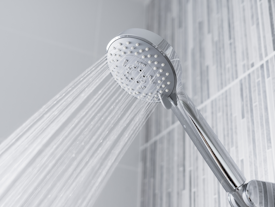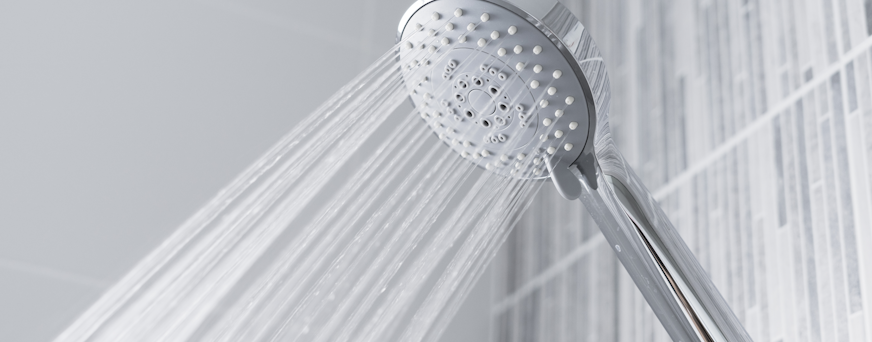Essential Skills for Modern Healthcare Professionals
Our Key Takeaway
Modern healthcare professionals need more than clinical knowledge to succeed. Technical proficiency, strong communication, critical thinking, cultural competence, and basic business understanding are essential to deliver safe, patient-centered, and efficient care in today’s technology-driven and diverse healthcare systems.
Modern healthcare has undergone profound changes over the last decade due to the development of technologies, a higher level of patient heterogeneity, and a higher level of pathologization.
People must pursue different skills to enable them to practice as healthcare practitioners within emerging health systems and services.
Contemporary health care employees along with medical knowledge require a range of other skills to ensure that high-quality, sensitive, and timely care is delivered to patients.
This article will focus on identifying the core competencies that are important for today’s healthcare professionals as healthcare practices continue to advance.
Life Assure Product Quiz
Take our 30 second quiz and discover which Life Assure medical alert device is the right fit for you or a loved ones.
Life Assure Product Quiz
Take our 30 second quiz and discover which Life Assure medical alert device is the right fit for you or a loved ones.
Exploring The Advancements In Modern Healthcare

Contemporary medicine has evolved brightly to develop new strategies that have impacted the treatment of patients. This role will be seen more evidently, where advances in technology, for instance, telemedicine, EHR, and AI have become core components of the healthcare industry.
These tools are used in making more accurate diagnoses, improving the health of the patient, and reducing the virtual processes.
Furthermore, the concept of pharmacogenomics, which involves the use of drugs that are particularly suited to an individual’s organism, is slowly being implemented, thus providing more suitable treatment.
There are certain dynamics in the practice that require healthcare professionals to embrace these advancements and be in tune to offer quality health products and services to the patients.
Such changes point to the fact that one has to be not only clinically competent in his or her career but has to embrace new technologies and ways of practicing as well.
The Most Important Skills For Modern Healthcare Professionals
Here are the most important skills for modern healthcare professionals.
Technical Proficiency
The technique is crucial in the current healthcare setting. The public, as well as both private and federal healthcare sectors, are more demanding now than ever before.
The medical personnel has to guide the learners on how to use more enhanced tools in the operation of health facilities, including diagnostic imaging equipment, robotic surgical instruments, and monitoring devices.
They should also be conversant with issues related to digital technology, such as EHR systems, which are core to record-keeping for efficient patient care and sharing of information by various health care practitioners.
Knowledge and experience with telemedical services have also become more relevant because of teleconsultation and other forms of distant treatment.
It will improve knowledge about new technologies and enable healthcare professionals to provide better care for patients. Professional development and training in new technologies are paramount to relevance and expertise when health care is rapidly shifting into digital platforms.
Clinical Expertise
Firm clinical skills continue to be the foundation of healthcare practice. Employees in the healthcare profession need to have subject matter expertise in terms of diagnosing diseases, patients’ treatment, and other caregiving procedures.
This involves being abreast with new developments in their area of practice as well as new medical discoveries.
Medical diagnosis, treatment planning, or even the actual implementation of intricate procedures all require healthcare professionals to use their clinical knowledge as a correct tool.
Apart from the clinical knowledge and skills, it is necessary for the HCP to have a good understanding of the evidence to minimize the chances of prescribing wrong interventions.
At the secondary level, there may be a problem arising from the need for continuing education and professional training, which are essential in providing patients with the best treatment.
Interpersonal Skills
Communication and people skills are as vital to health care as clinical and technical skills. The professionals need to be able to verbally interact with the patient, the family, and other folks within the health care setting.
These are skills such as listening attentively, explaining things clearly, and showing concern. The relationship that is forged between the patient can go a long way in determining the overall quality of care; this is because patients who feel that they are being listened to will heed the advice given to them by the provider.
Approachability and open communication with other employees ensures that they too are receptive to you and this is very vital in healthcare institutions.
Critical Thinking and Problem-Solving
Doctors and other caregivers are presented with various dilemmas which they need to solve within a short time. They have to be in a position to evaluate the status of patients and possible challenges that may arise and come up with the right management plans.
This means that other than using clinical skills and reasoning, it also entails reasoning on each situation individually.
For instance, as a patient presents with some symptoms that may not be normal, various diagnoses have to be made, decisions made, and treatment adjusted to the process.
Furthermore, problem-solving in the health care setting is useful not only in a direct patient care delivery system but also in situations such as resource allocation, optimization of facility delivery, and timely delivery of services to a given patient.
Cultural Competence

Patients’ demographics and cultural characteristics have changed over the years, and thus, healthcare workers must be culturally sensitive. That is, the cultural, religious, and socioeconomic differences of patients ought to be considered and comprehended, as such factors may affect the multiple ways through which patients approach their health.
Health caregivers have the challenge of being able to accommodate the patient’s culture, especially in issues related to language, food, or beliefs regarding treatment.
The concept of cultural competence is a great tool for developing trustful relationships between patients and healthcare practitioners to provide client-centered and culturally sensitive care.
This not only enhances patients’ satisfaction but also helps in achieving the clients’ health objectives because the patients will also feel valued.
Business Acumen
Since healthcare is more and more a ‘system’ that resembles a large-scale business, knowledge of the financial, operating, and administrative aspects of the delivery of healthcare is significant.
Regardless of the field in which the professional works, such as a hospital, private practice, or some healthcare organization, one has to learn what budgeting, resources, and cost-effective practices are.
Moreover, it is important to know about regulations governing health care and insurance to be able to handle some administrative work with the patients.
It will be beneficial to have those with a business approach and understanding to optimize a practice’s operation and make sure that different resources are utilized appropriately concerning the delivery of quality services at a reasonable cost.
Final Thoughts
There is a need for the healthcare professionals to have not only clinical skills but other related skills common in today’s health care systems. Clinical expertise, communication, information processing, professionalism, diversity, and administrative skills are key components of healthy patient outcomes.












 Get Help With The Push Of
A Button
Get Help With The Push Of
A Button















